10 Things You Didn’t Know About Nobel Prize Winner M. Stanley Whittingham
As you may have heard, our very own Stanley Whittingham received the Nobel Prize in Chemistry. What you may not know is that he’s published over 200 academic articles, or that he helped found our Materials Science and Engineering Program. Here’s a list of things you probably didn’t know about the distinguished professor of chemistry and materials science.
He’s been at Binghamton since 1988
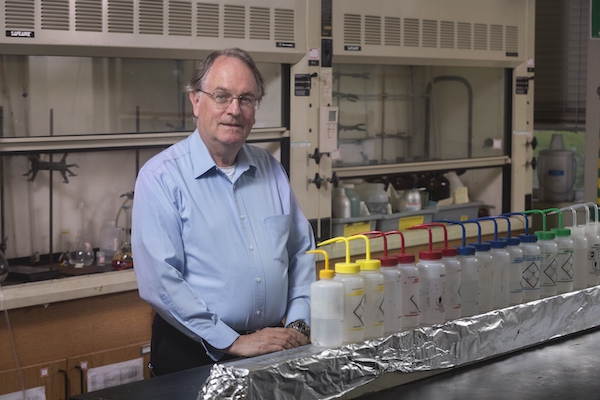
Before coming to Binghamton, Whittingham spent 16 years at Exxon Research, where he received a patent for a rechargeable lithium-ion and Schlumberger-Doll Research. He started working at Binghamton University because he wanted to be surrounded by young scientists’ enthusiasm. ”(Binghamton University) was a small enough place that people collaborated,” said Whittingham. “A student can go to a faculty member to ask to use the equipment, and they’ll let them use it. The big schools are very much individual empires. It’s just a much-friendlier place.”
He was on the Nobel Prize shortlist for three years
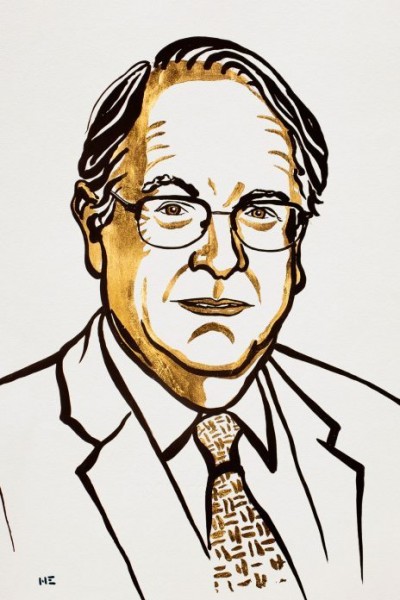
Receiving a Nobel Prize came as a complete surprise to Whittingham. He was predicted to win by various organizations over the past few years. This year, however, he was not a top contender. When he received the news that he had won, he was in disbelief.
His work powers most laptop computers
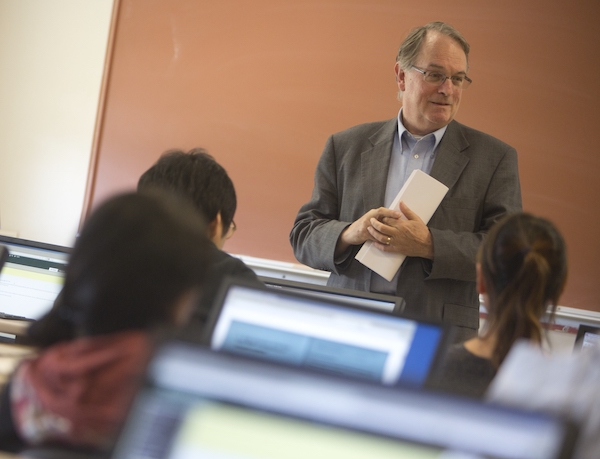
Whittingham holds the initial patent on the use of intercalation chemistry in high-power density, highly reversible lithium batteries; That work provided the basis for subsequent discoveries that now powers most laptop computers. “We need batteries to store electric energy, so you can use it whenever you want to. Not necessarily when the sun is shining or the wind is blowing,” said Whittingham.
He’s a member of the National Academy of Engineering
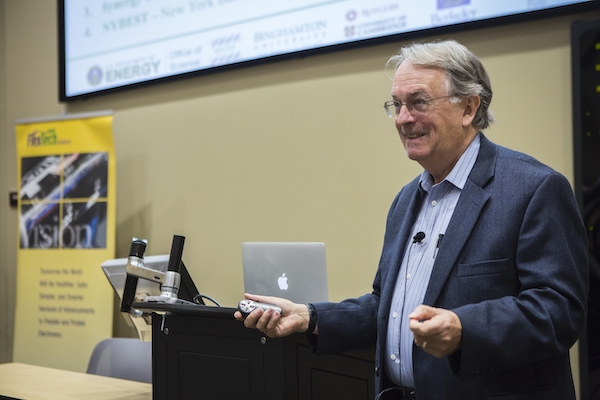
Whittingham was elected to the National Academy of Engineering in 2018. Election to the NAE is among the highest professional awards given to an engineer. Academy membership honors those who have made outstanding contributions to “engineering research, practice, or education, including, where appropriate, significant contributions to the engineering literature” and to “the pioneering of new and developing fields of technology, making major advancements in traditional fields of engineering, or developing/implementing innovative approaches to engineering education.”
He’s the director of the NorthEast Center for Chemical Energy Storage (NECCES)
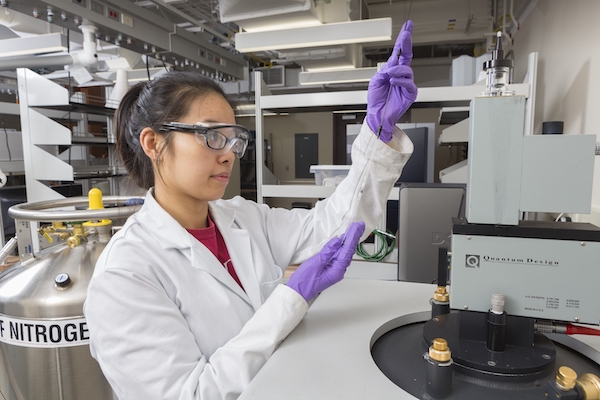
Whittingham is the director of NECCES, a center that supports the research of the design of the next generation of lithium batteries. In 2014, NECCES was awarded a four-year grant of 12.8 million dollars from the U.S. Department of Energy to help technological advances that will shape the 21st-century economy.
He’s got more than 200 publications
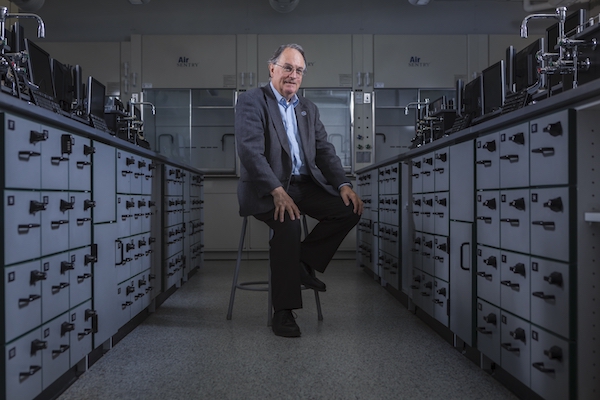
Whittingham’s research has been published in leading scholarly journals. He has earned national and international recognition as a prolific scientist.
He helped establish the Materials Science and Engineering Program
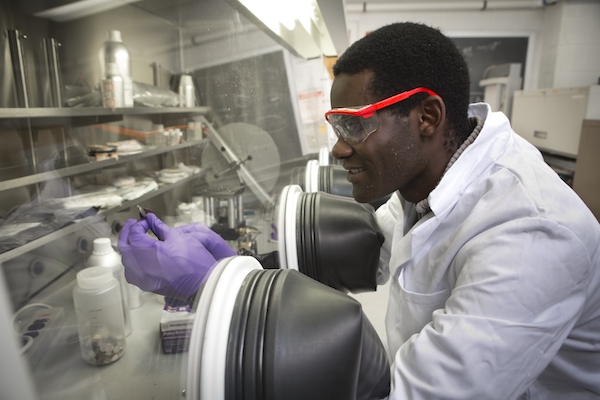
Materials science is an interdisciplinary field that studies the solid matter. It brings together chemistry, physics, and engineering. The goal of the program is to advance energy independence, medical devices, and electronic devices.
He won a Battery Research Award
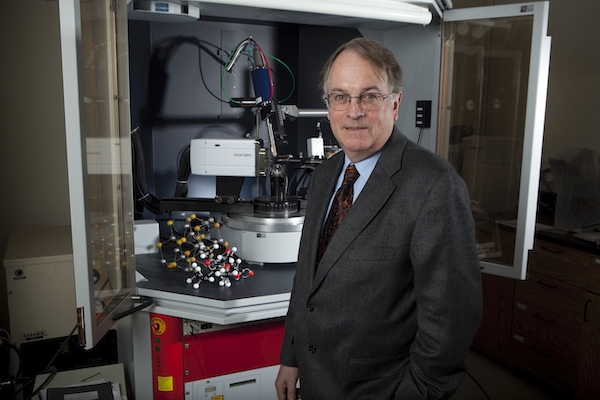
In 2002, Whittingham was awarded the Battery Research Award of the Electrochemical Society. The achievement highlights his contribution to “Intercalation Chemistry and Battery Materials.”
He’s an active researcher
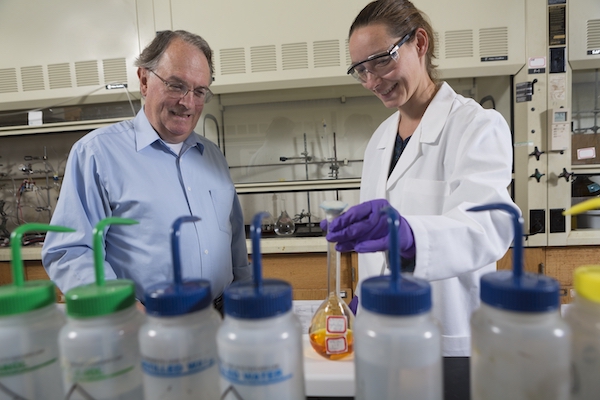
Whittingham believes that working with students keeps him enthusiastic about science. Therefore, many STEM undergraduate and graduate students work in his lab. Together they research solid-state Ionics and multielectron intercalation reactions.
Whittingham is from the United Kingdom
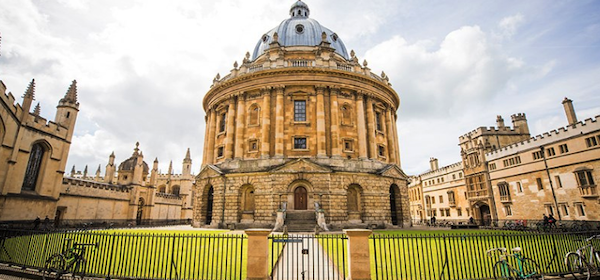
Whittingham has been living in the United States for many decades, but he is originally from the United Kingdom. He earned his bachelor’s, master’s and doctoral degrees at Oxford University in the 1960s, before moving to the United States to be a postdoctoral fellow at Stanford University.
Laura Guerrero-Almeida is an intern in the Office of Media and Public Relations and an undergraduate student in the BA English Literature and Creative Writing Program, and Cinema at Binghamton University.
Have questions, comments or concerns about the blog? Email us at social@binghamton.edu.
